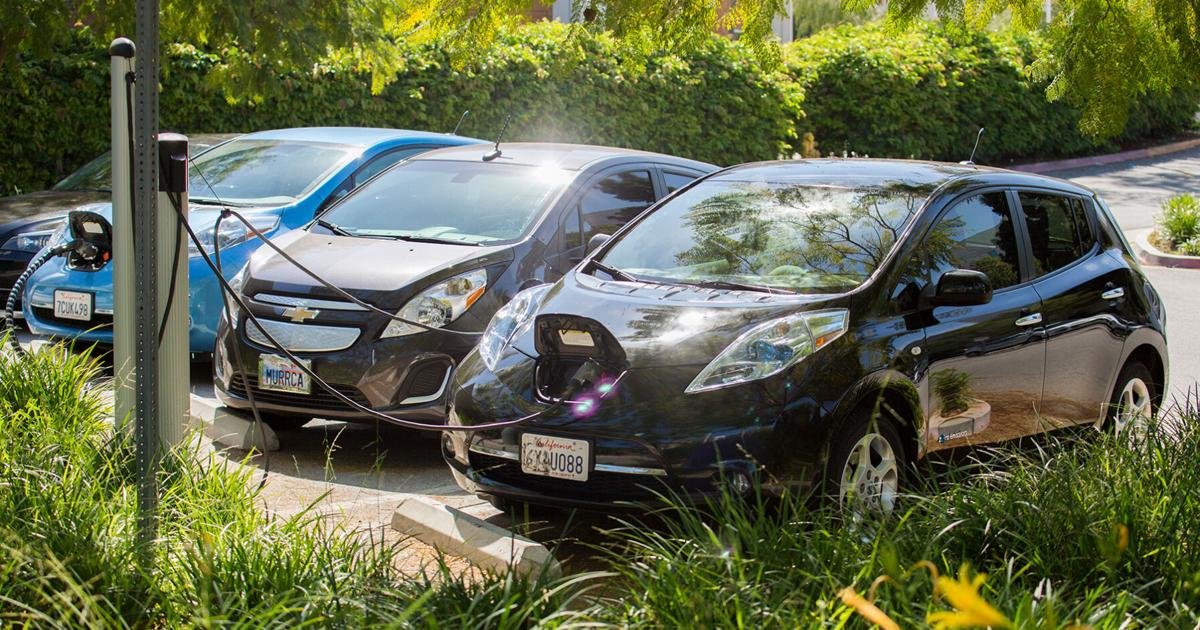Electric vehicles (EVs) have been growing in popularity with the addition of new technology in modern society. However, with any new technology comes significant pushback. Although arguments against EVs may be true to some extent, many are baseless due to inaccurate reporting and overblown claims. This article will dive into the validity of some of the most common opposing concerns in terms of EV technology.
Are EVs expensive?
Many people argue EVs are largely inaccessible due to their high prices. However, by taking a look at California, you can see that this isnât necessarily true. CA has both expensive electricity and expensive gasoline. Fueling an electric car in California costs the equivalent of $2.50 per gallon, while gasoline costs more than $6 per gallon. Thus, EV drivers in California see an average savings of $3.59 per gallon. EVs are also highly efficient â so driving an electric car costs you less per mile.
Since EVs donât have fluids that need to be changed, they require less maintenance overall â resulting in high savings for consumers. Beyond the cheaper upkeep costs from gas and services, many EVs also qualify for a tax rebate of up to $7,500 from the government. In the long term, investing in an EV car pays off.Â
Is charging accessible?
Many buyers are apprehensive about purchasing an EV due to a lack of accessible charging stations. However, from 2019 to 2023, the number of public chargers in the US increased almost twofold, from 87,352 to 161,562. Even if there are no accessible charging stations, many people can meet charging needs just by plugging their vehicle in at home. With the increase in electricity charging stations, it will be extremely easy to charge your electric vehicle across the country.
Is the range of EVs less than diesel?
Those who question the use of EVs also wonder if the range is too small to handle daily travel demands. EVs have sufficient range in order to travel approximately 50 miles per day on average. Further, many can travel over 200 miles on single charge, more than the average 100 miles a day the average American drives. Furthermore, some EVs have a low power mode, which allows for energy conservation while traveling to the next charging destination. Thus, for the average driver, fuel range should not deter someone from considering the switch to electric.
What are the environmental differences between diesel and electric?
Skeptics of EVs often claim that they are no better for the environment than diesel powered vehicles. The electricity used to power EVs releases carbon emissions. The amount released varies widely based on how local power is generated, whether it be through coal, natural gas, wind or solar. However, electric vehicles still use less energy and produce fewer emissions, particularly since they can be powered by zero carbon sources. Electric vehicle manufacturing does release greenhouse gases, but, on net, the emissions will be at a lower level than diesel powered engines.
In relation to the environment, another concern posed is the use of batteries to power EVs. The manufacturing of batteries used to power electric cars does lead to high emissions. However, the total environmental lifespan of the use of an EV is much lower in terms of the manufacturing, production and use compared to mainstream cars. Importantly, research is still ongoing in determining the best way to recycle batteries, which may pose potential harmful effects if left unsolved.Â
Will the rise in EVs collapse the power grid?
As demand for EVs continues to increase, so will electricity demand. In terms of solutions to avoid overwhelming the grid, there are many options. First, EVs can be charged during off-peak times, which can offset periods in which there is high electricity demand. Load management â charging during off-peak hours â will become increasingly important in order to accommodate fluctuations in supply and demand.
Furthermore, with vehicle-to-grid (V2G) charging, EVs can also act as a power source to help with grid reliability by pushing energy back into the grid from the EV battery. With increased outages, improvements to the grid will be necessary regardless of the rise of EVs.
As technology advances, EVs will be further modified to not only become more accessible, but more efficient. The concerns posed amongst those who have doubts regarding EVs may be true, but when looking at this situation more broadly, EVs do provide a path toward decreasing emissions in the transportation sector. This can be largely beneficial in combating the climate crisis as transportation only increases with the growing population. As such, the best solution to this emergent problem will be to continue to shift our focus towards making transportation more green and sustainable.

